LASIK to the STARS
"Eyesight is not something to be taken lightly and there is no other doctor or practice that I would trust my vision to than Dr. Jeffrey Dello Russo of Dello Russo Laser Vision."

FALL SPECIAL – Get 20% Off LASIK This Season!









"Eyesight is not something to be taken lightly and there is no other doctor or practice that I would trust my vision to than Dr. Jeffrey Dello Russo of Dello Russo Laser Vision."


Actor, Singer, Dancer

Fitness Influencer

Music Executive and Manager

New York Mets / American Actress

Radio personality, podcaster, rapper, and actress

Singer, Queen of R&B

American Rapper

Dutch Fashion Model

American Radio Host
Surgeries Performed

Years of Eye Care Experience

Rated LASIK Surgeons
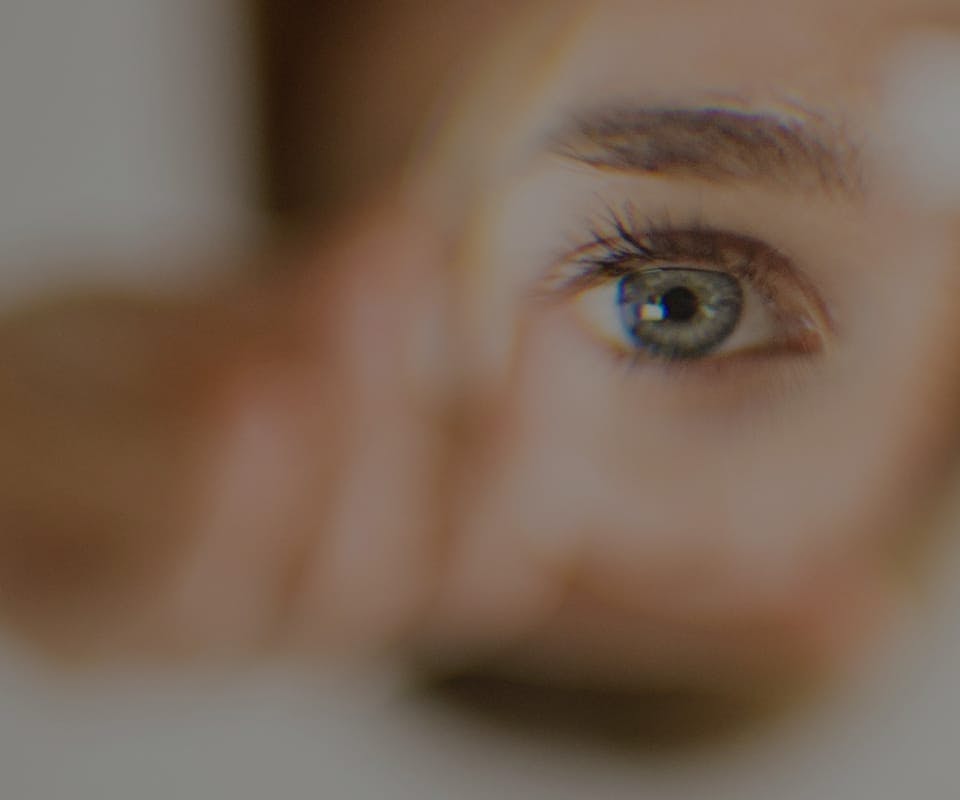
The Best Laser in America

Dello Russo Laser Vision is synonymous with a legacy of excellence and innovation in vision correction. With a rich history rooted in pioneering LASIK procedures, we have remained at the forefront of technological advancements and surgical expertise. Our founding practice status reflects our commitment to delivering exceptional outcomes and transforming the lives of our patients through state-of-the-art LASIK surgery. Trust in our legacy, experience, and dedication to providing unparalleled vision care for a brighter, clearer future.
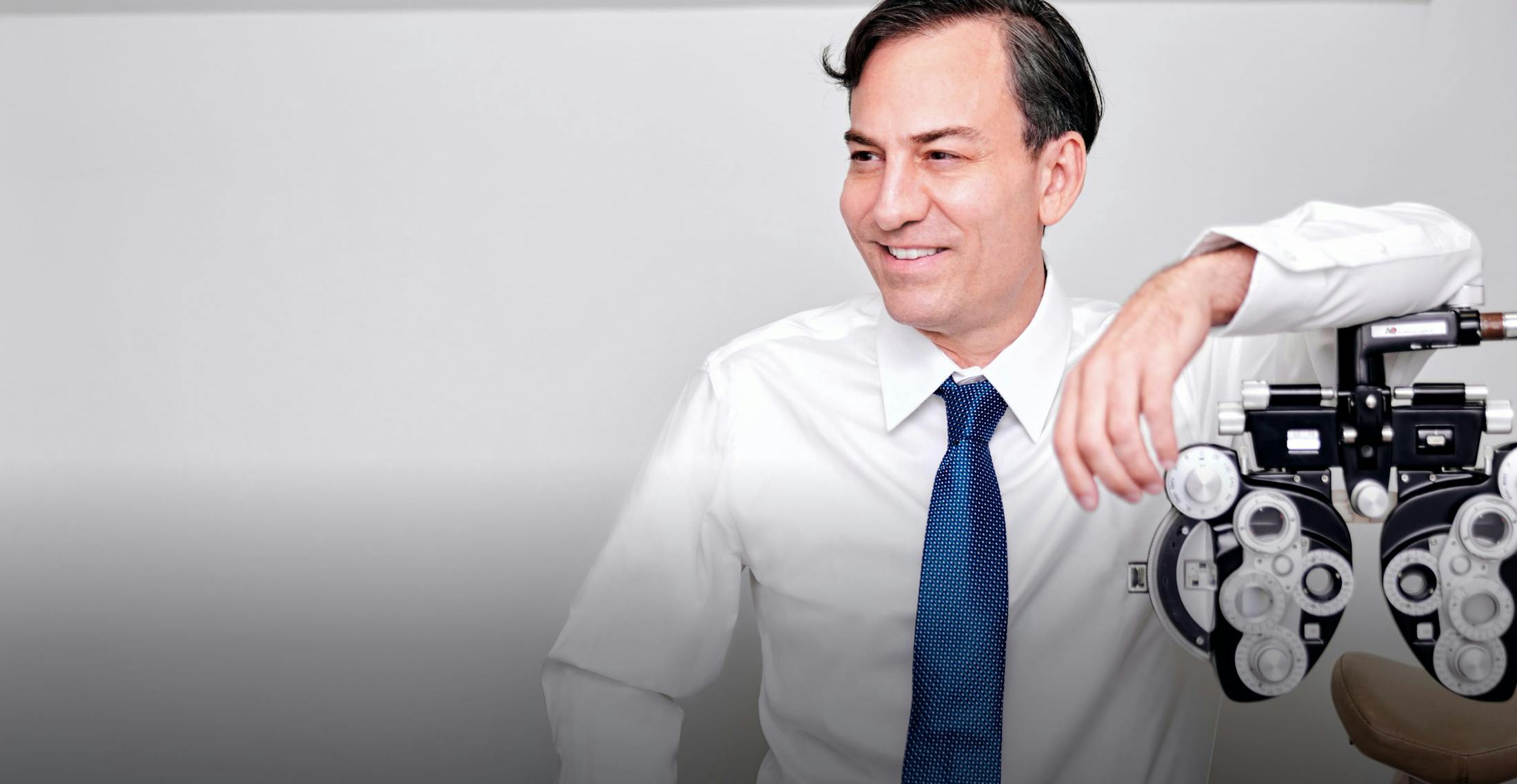
LASIK
Say goodbye to blurry vision and hello to clarity with LASIK at Dello Russo Laser Vision. Our state-of-the-art facilities and renowned surgeons make vision correction a seamless journey, allowing you to see the world with newfound clarity and confidence.
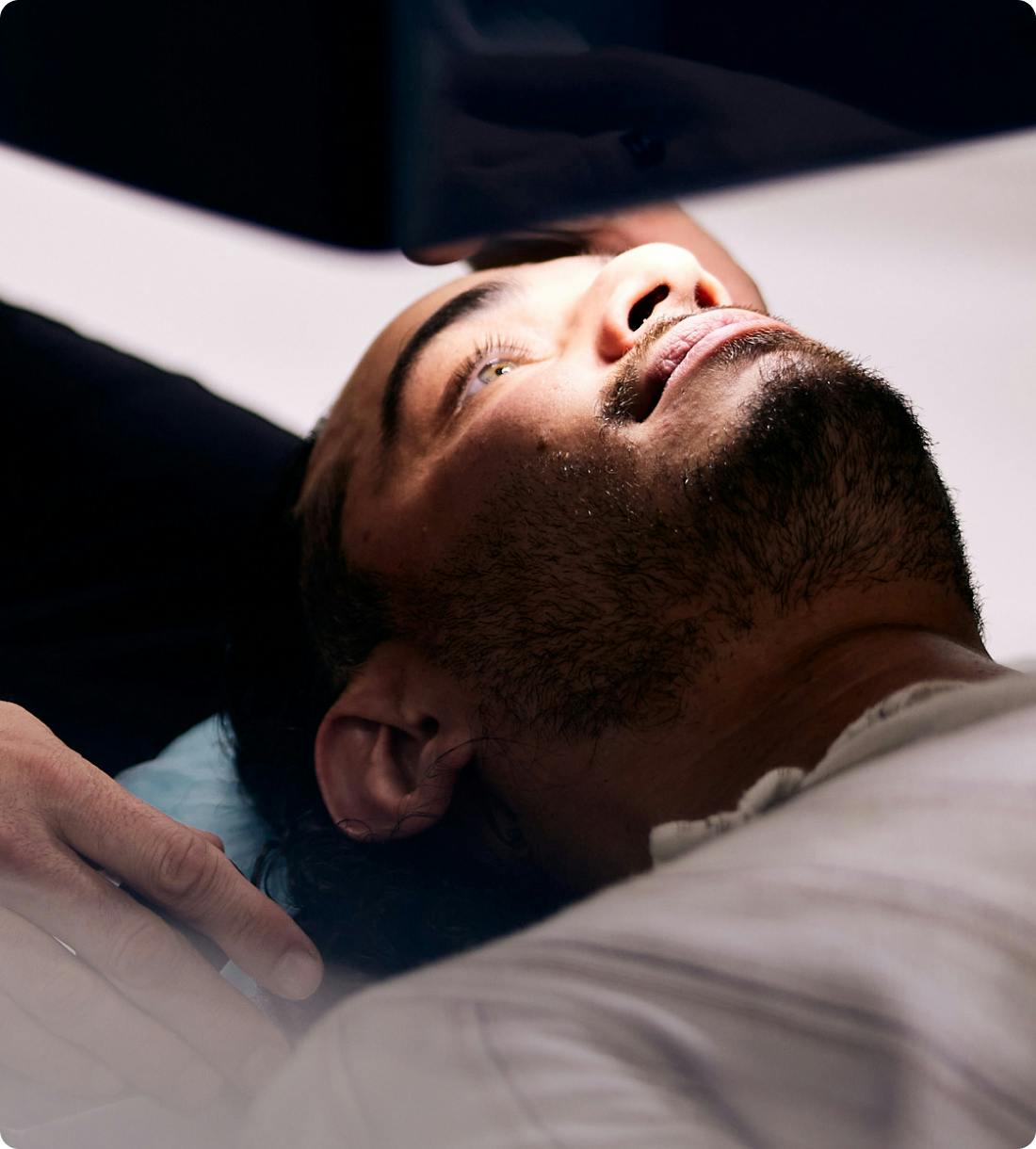
PRK
Discover the clarity of vision you've always wanted with PRK surgery. By reshaping your cornea, PRK corrects refractive errors and provides long-lasting results, freeing you from the limitations of glasses or contacts.
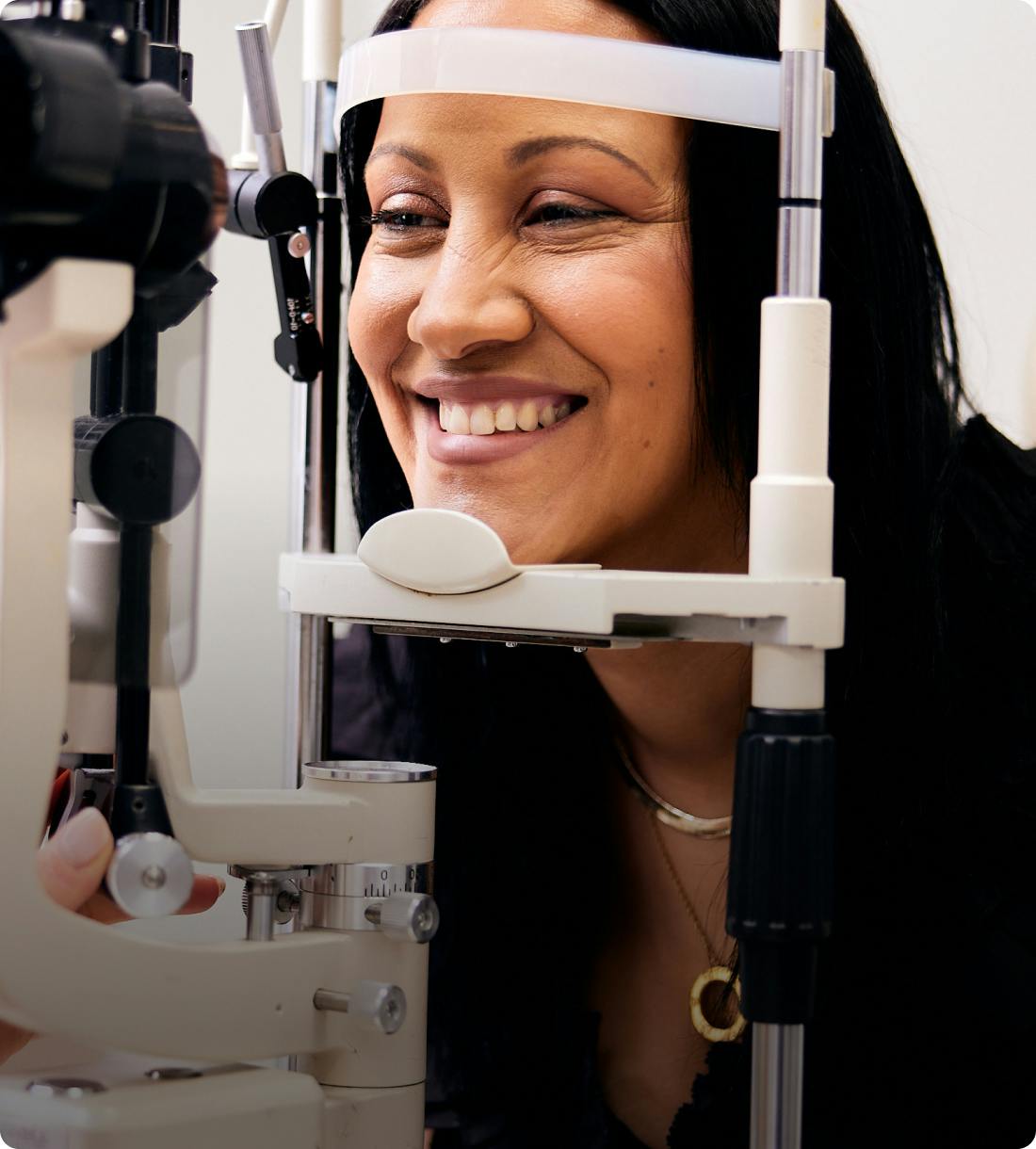
EVO ICL
Looking for a long-term solution to your vision problems? EVO ICL offers precise, permanent vision correction without the need for glasses or contacts. Enjoy clear sight and newfound freedom with this innovative implantable lens.
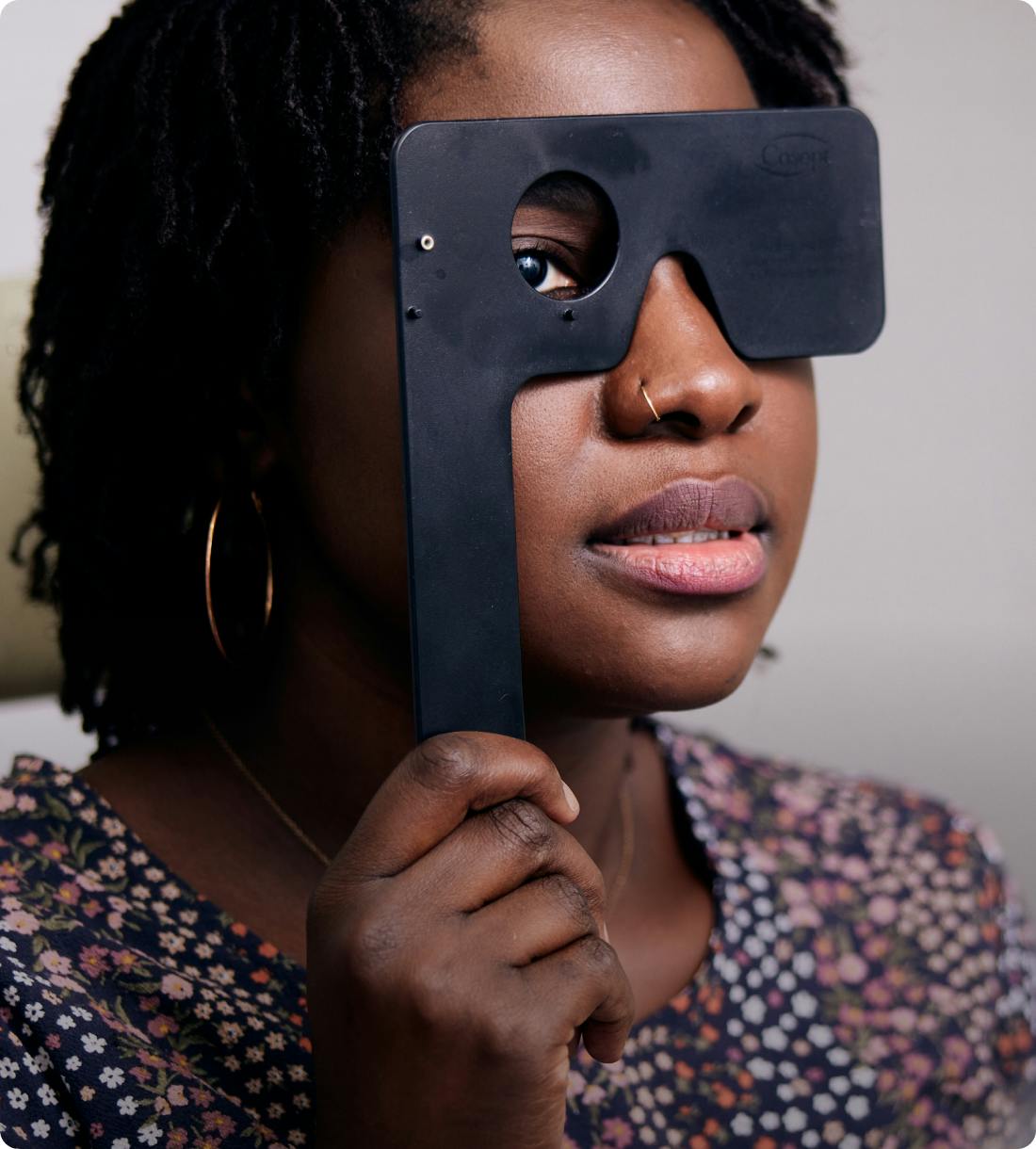
If you would like to have LASIK with us but do not think you can afford it; we may have the solution for you. Dello Russo Laser Vision can help make laser eye surgery affordable via special financing, while also providing you experience and excellence in quality vision improvement.
For New Accounts as of 5/30/24: Purchase APR 32.99%. Penalty APR 39.99%. Minimum Interest Charge $2.
*If paid in full 6, 12, 18 and/or 24 Months. On qualifying purchases of $200 or more made after discount with your CareCredit credit card account at enrolled provider locations and select retailers in the CareCredit Network. Interest will be charged to your account from the purchase date if the promotional balance is not paid in full within the promotional period. Minimum Monthly Payments required.
DISCLOSURE: *No interest will be charged on the promo balance if you pay it off, in full, within the promo period. If you do not, interest will be charged on the promo balance from the purchase date. Any discount will reduce your total purchase amount and may result in you not satisfying the minimum qualifying purchase amount required.required.] The required minimum monthly payments may or may not pay off the promo balance before the end of the promo period, depending on purchase amount, promo length and payment allocation. Regular account terms apply to non promo purchases and, after promo period ends, to the promo balance. Existing cardholders: See your credit card agreement terms. Subject to credit approval.

Stephanie shares her experience with receiving a life-changing eye surgery at Dello Russo Laser Vision. After wearing contacts and glasses for over 11 years, Stephane can now see clearly. She recommends Dello Russo Laser Vision to anyone interested in LASIK.
Josue shares his experience with receiving LASIK Surgery at the Dello Russo Laser Vision center. His experience was fast and painless, and he is proud that Dr. Dello Russo was a part of his journey
Since he was 8 years old, Rich has had vision problems due to a sports-related injury. Rich decided to take the next step in his journey towards clearer vision. His experience with Dr. Dello Russo was very pleasant. He is now able to see clearer, and it's all thanks to the team at Dello Russo Laser Vision.
After a lifetime of having to wear glasses, Aurora received LASIK surgery. Following this, she noticed some changes in her vision. After a visit with Dr. Dello Russo, she discovered she needed to fix her cataracts. Aurora is incredibly happy with her results.


Dr. James Dello Russo joins Good Day Philadelphia to discuss the news that near-sightedness is becoming more common in kids.
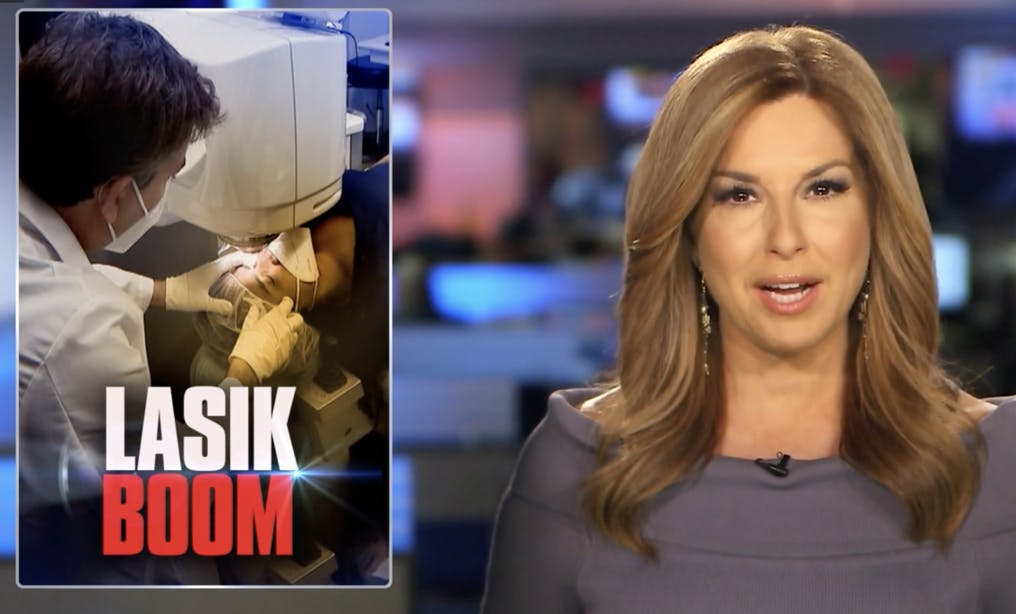

Lasik specialist Dr. Jeffrey Dello Russo said his NYC practice has been swamped with frustrated medical professionals looking for answers.


Eyes might be an overlooked way in which some contract COVID-19, expert says.
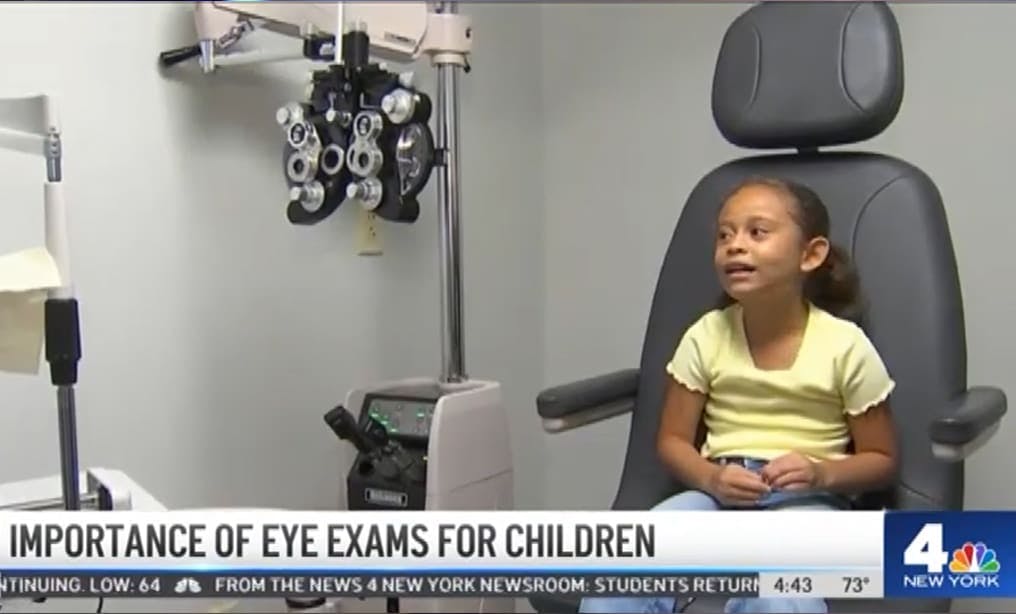

Children are being diagnosed with nearsightedness at an increasing rate, doctors say, and the trend has been linked to screen time.
Each of our eye care centers provides comprehensive ophthalmology and optometry services, including LASIK eye surgery, cataract treatment, and prescription lenses. Find a location near you!

Each of our eye care centers provides comprehensive ophthalmology and optometry services, including LASIK eye surgery, cataract treatment, and prescription lenses. Find a location near you!
Book Now
36 West 44th Street, Suite 1100
New York, NY 10036
Each of our eye care centers provides comprehensive ophthalmology and optometry services, including LASIK eye surgery, cataract treatment, and prescription lenses. Find a location near you!
Book Now
385 Atlantic Avenue Brooklyn, NY 11217
(855) 429-2275Each of our eye care centers provides comprehensive ophthalmology and optometry services, including LASIK eye surgery, cataract treatment, and prescription lenses. Find a location near you!
View New Rochelle, NY Location
Book Now
71 Nardozzi Place Ground Floor, New Rochelle NY 10801
(855) 429-2275Each of our eye care centers provides comprehensive ophthalmology and optometry services, including LASIK eye surgery, cataract treatment, and prescription lenses. Find a location near you!
Book Now
200 Old Country Road
Suite 125
Mineola NY 11501
Each of our eye care centers provides comprehensive ophthalmology and optometry services, including LASIK eye surgery, cataract treatment, and prescription lenses. Find a location near you!
Book Now
734 Green Street, 2nd Floor, Iselin NJ 08830
(855) 429-2275Each of our eye care centers provides comprehensive ophthalmology and optometry services, including LASIK eye surgery, cataract treatment, and prescription lenses. Find a location near you!
Book Now
1 N Washington Ave, Floor 3, Bergenfield, NJ 07621
(855) 429-2275Each of our eye care centers provides comprehensive ophthalmology and optometry services, including LASIK eye surgery, cataract treatment, and prescription lenses. Find a location near you!
Book Now
Each of our eye care centers provides comprehensive ophthalmology and optometry services, including LASIK eye surgery, cataract treatment, and prescription lenses. Find a location near you!
View Stamford Town Center Mall Location
Book Now
100 Greyrock Pl
Stamford, CT 06901
Level 4 (Main Atrium)
Each of our eye care centers provides comprehensive ophthalmology and optometry services, including LASIK eye surgery, cataract treatment, and prescription lenses. Find a location near you!
Book Now
Each of our eye care centers provides comprehensive ophthalmology and optometry services, including LASIK eye surgery, cataract treatment, and prescription lenses. Find a location near you!
Book Now
Each of our eye care centers provides comprehensive ophthalmology and optometry services, including LASIK eye surgery, cataract treatment, and prescription lenses. Find a location near you!

Dello Russo embodies a tradition of excellence and expertise in surgical care. With decades of combined experience, our team of surgeons brings unparalleled skill and dedication to every procedure. As a family practice rooted in a legacy of surgical innovation, we prioritize patient-centered care, ensuring each individual receives the highest quality treatment tailored to their unique needs. Trust in our legacy of excellence and experience the difference with the most experienced surgeons on the East Coast.
New Jersey Eye opened practice of ophthalmology in Fort Lee, NJ in 1967. New Jersey Eye opened its first ophthalmology practice in Fort Lee, NJ. Very quickly Dr. Dello Russo became one of the household names for eye care in the New Jersey community.

Opened an additional location in Dumont, NJ. Dello Russo opened an additional location in Dumont, NJ which was an immediate success as a full service ophthalmology practice.

Dr. Dello Russo became a fellow in the American College of Opthalmology in 1972. Dr. Dello Russo was a frequent & lead lecturer, teaching Phaco-emulsification with Dr. Kelman at his foundation at Manhattan Eye & Ear, NY. He later became one of the founding members of the American and International Intra-Ocular lens implant societies. He also Purchased a medical building in Bergenfield, NJ to consolidate the practices.
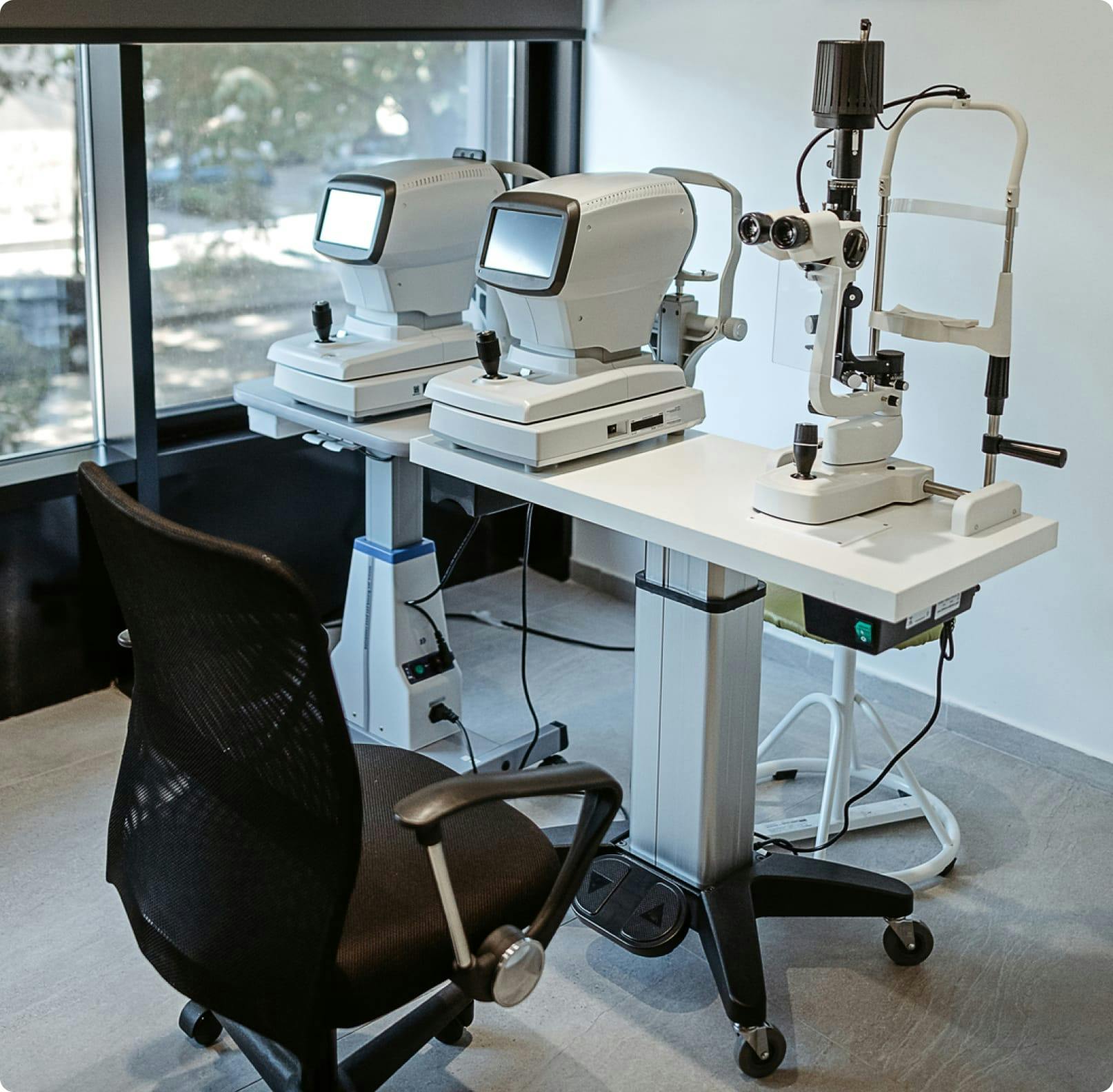
Opened the first Optical Dispensary associated with an ophthalmology practice in 1974. Opened the first Optical Dispensary associated with an ophthalmology practice.
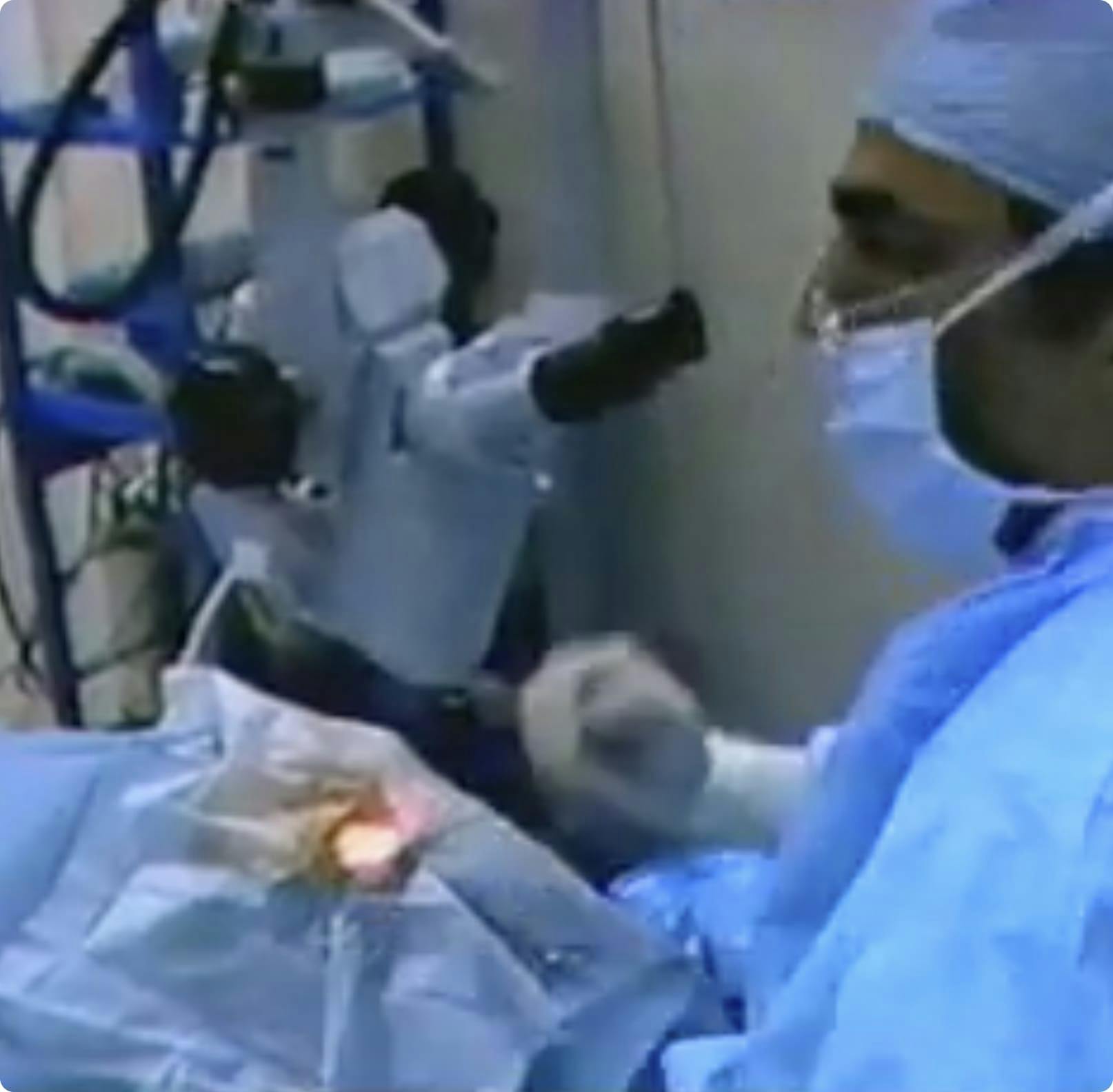
Performed the first Phaco Emulsion, cataract procedure and first Small Incision cataract surgery in NJ in 1975. The first YAG laser was performed in New Jersey, and he purchased the 4th YAG laser sold in the United States. Performed the first phaco-emulsification cataract procedure and first small incision cataract surgery in NJ. The first YAG laser was performed in New Jersey, and Dr. Dello Russo purchased the 4th YAG laser sold in the United States.
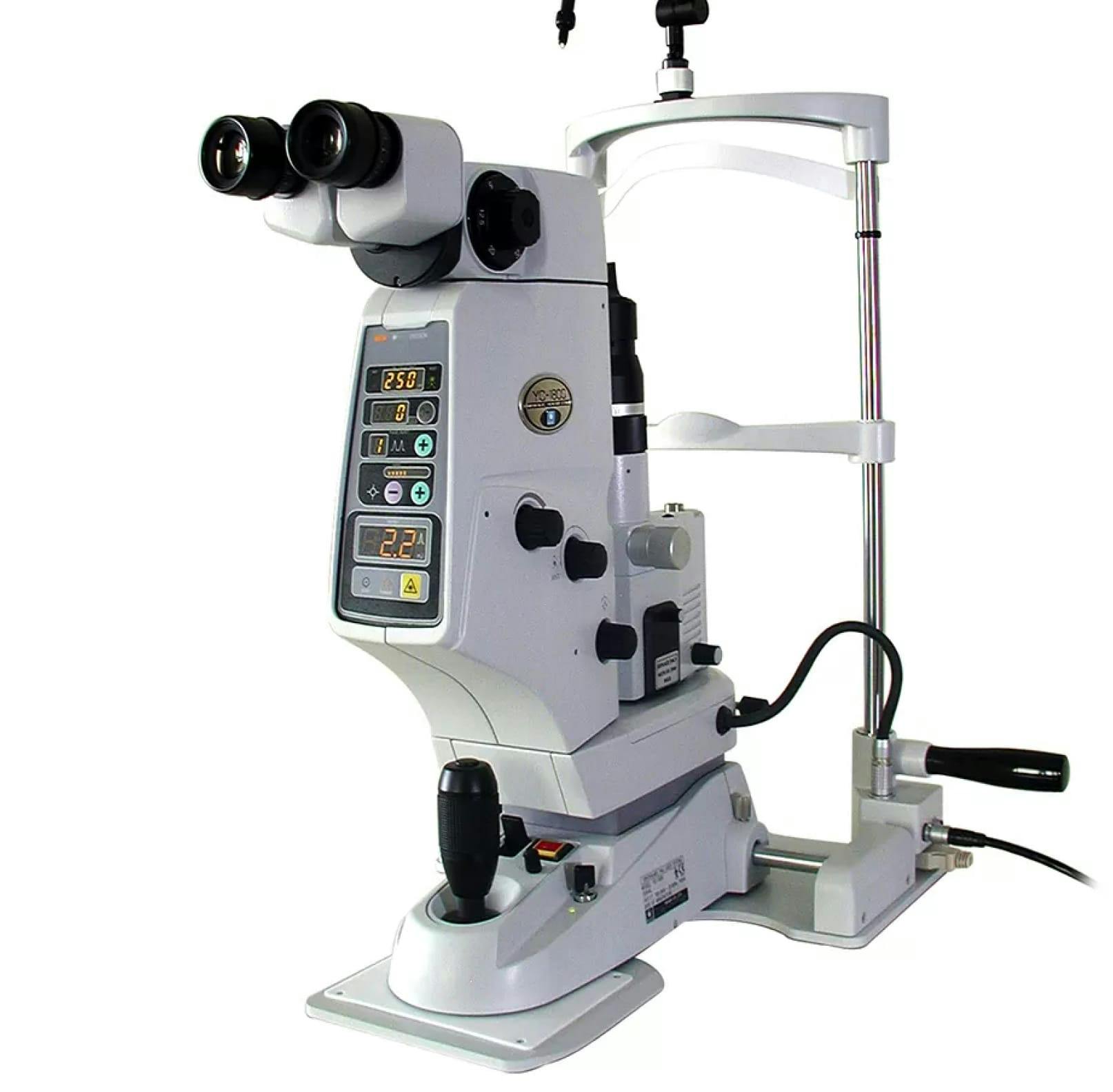
Dr. Joseph Dello Russo opened the first multi specialty practice with a cataract specialist, Glaucoma, Retina, and Optometry in New Jersey. Dr. Joseph Dello Russo opened the first multi-specialty practice with cataract, glaucoma, retina, and optometry in New Jersey all in one convenient location named New Jersey Eye Center.
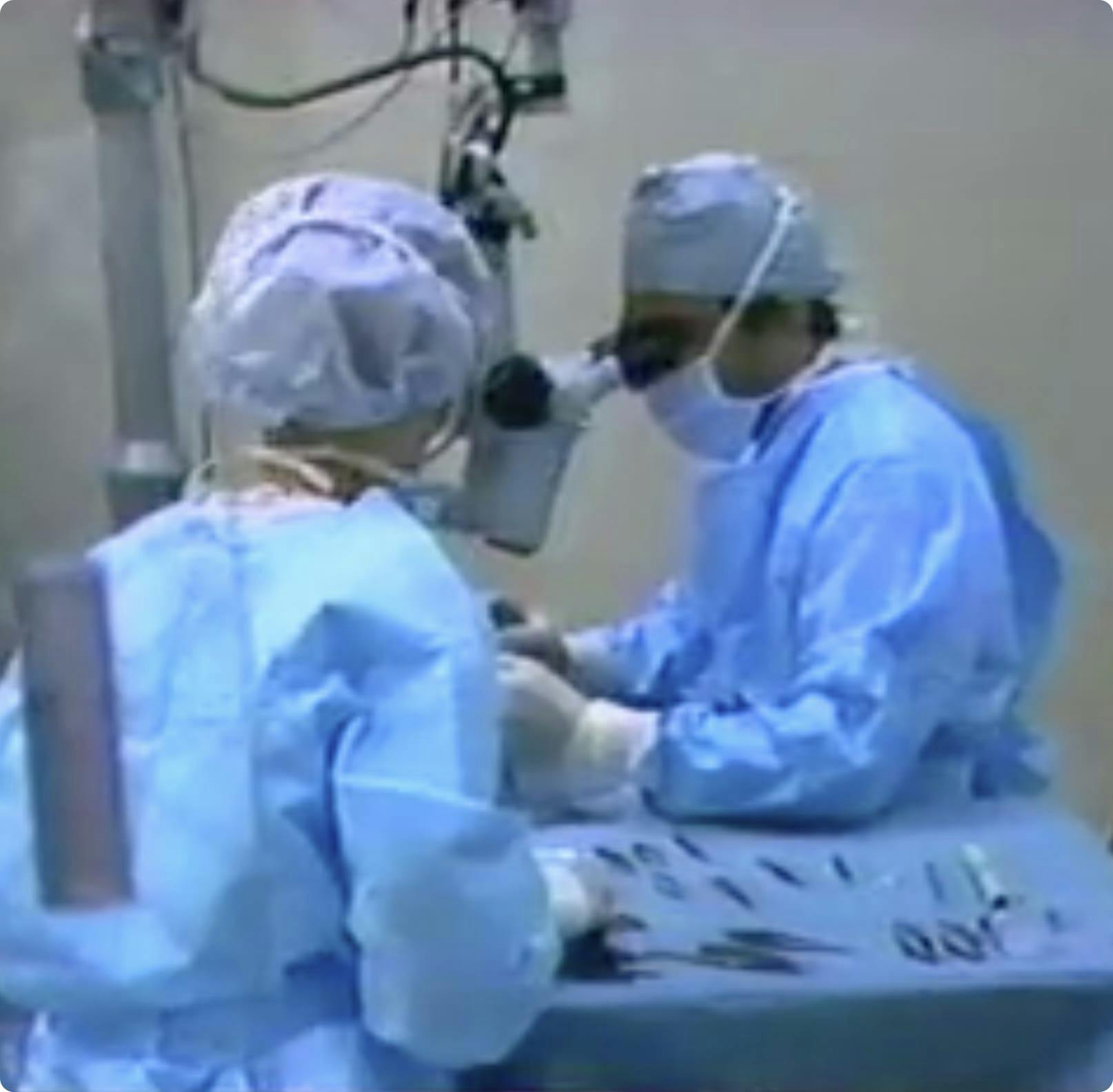
Dr. Dello Russo opened the first Ambulatory Surgery Center in the United States and became the first medicare approved outpatient surgery center in the country. Dr. Dello Russo was also in the Book of World Records for performing cataract surgery on the oldest patient in the world. At 102, his patient was able to read his newspaper the next day.
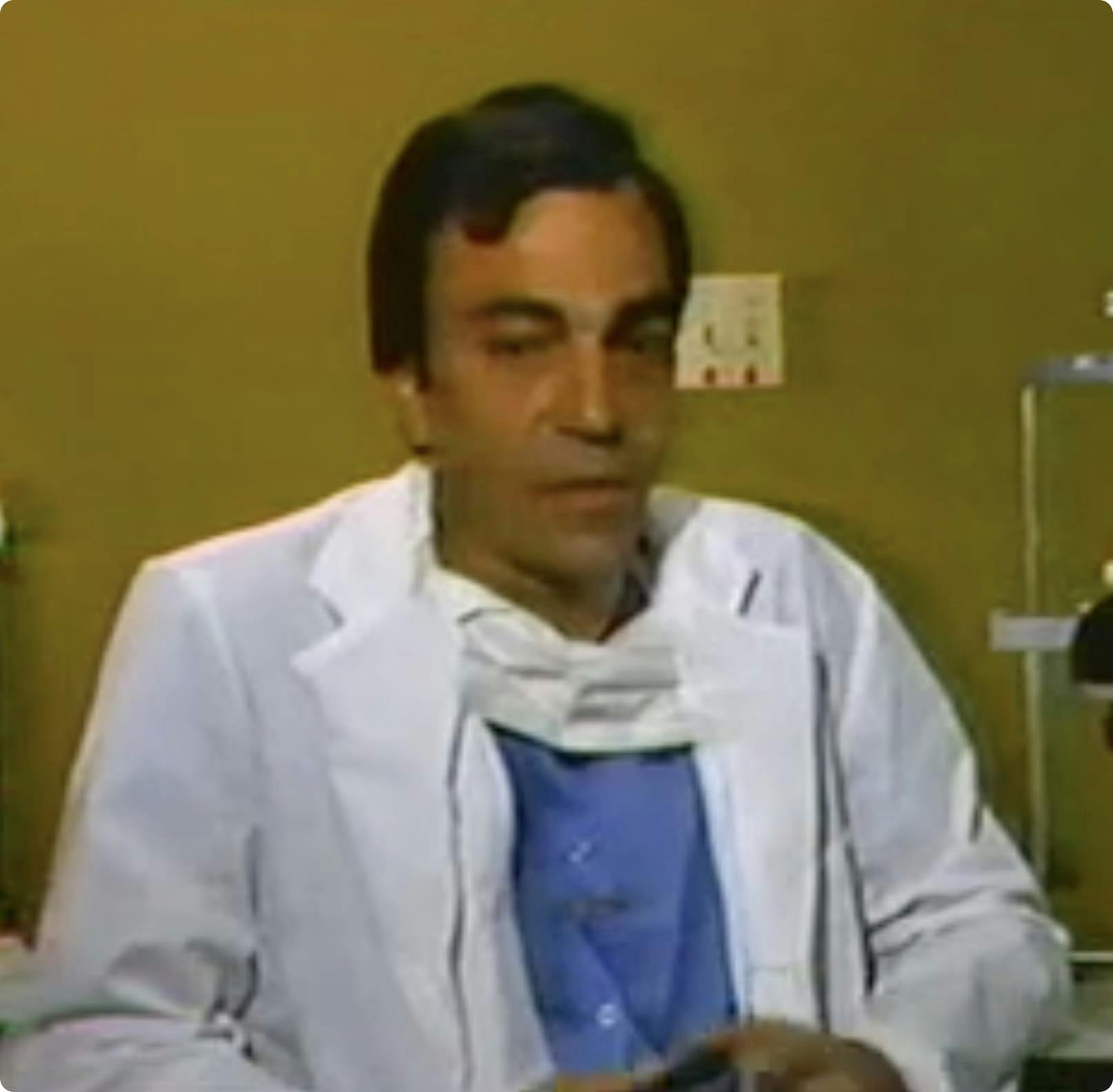
Dr. Joseph Dello Russo advanced cataract surgery to small incision, foldable lens, ambulatory cataract surgery first in the Northeast in 1979. Dr. Joseph Dello Russo’s advanced cataract surgery to small incision, foldable lens technique was first used at New Jersey Eye Centers ASC.
Dr. Dello Russo was chosen to be one of the ten principal FDA investigators in the country whose research led to the FDA approval of laser vision correction. In that role, he performed more surgeries than any other center from 1990-1996. In 1996, Dr. Dello Russo opened the first, private laser vision center in the world and what we know today as Dello Russo Laser Vision.
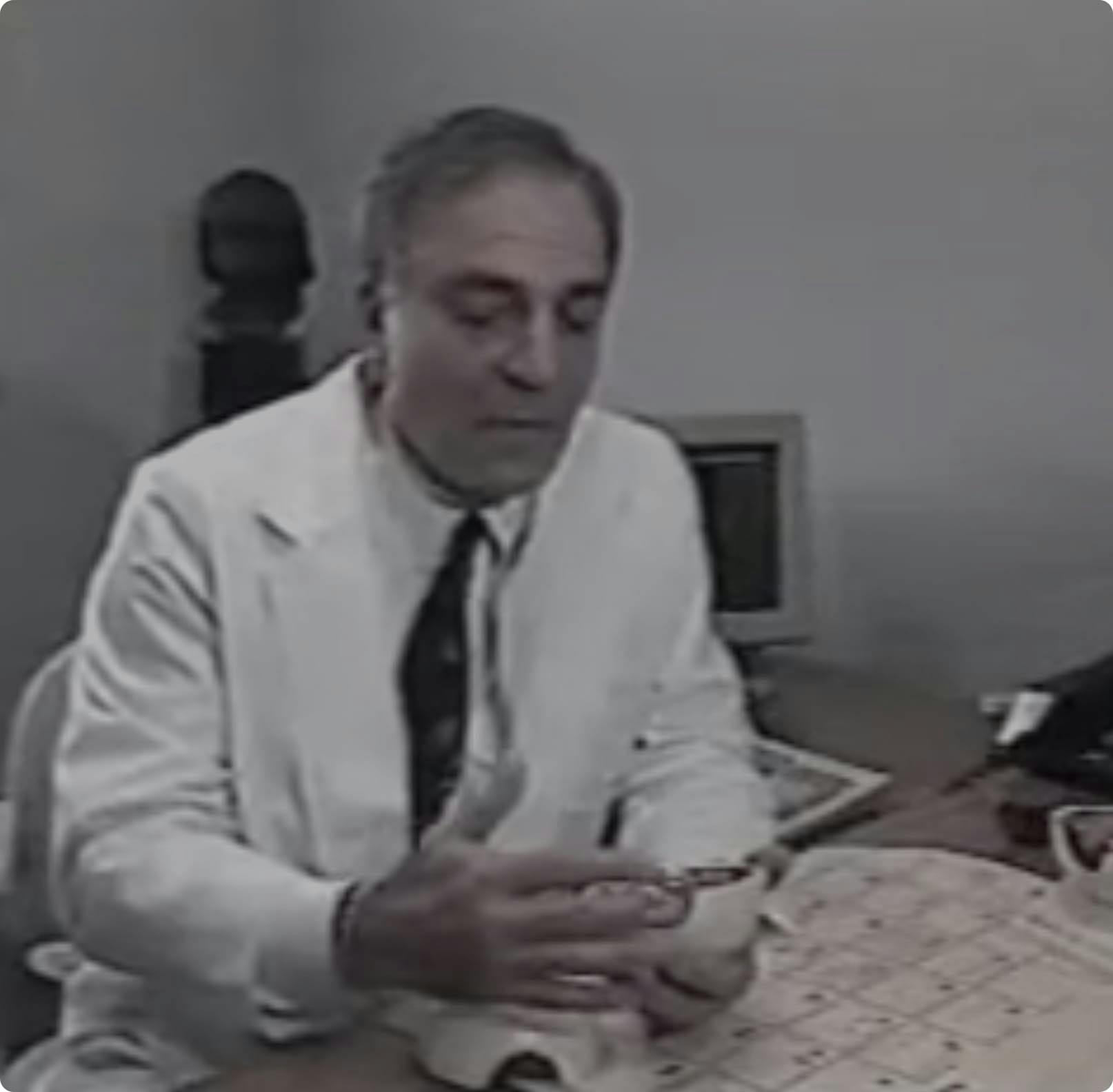
Dr. Dello Russo was named the Top Laser Vision Correction Surgeon in the United States at the American Society of Cataract and Refractive Surgery on April 18, 1998. He also was a participant and speaker at the Aegean, Corneal Conference where the first LASIK procedure was performed in 1998.
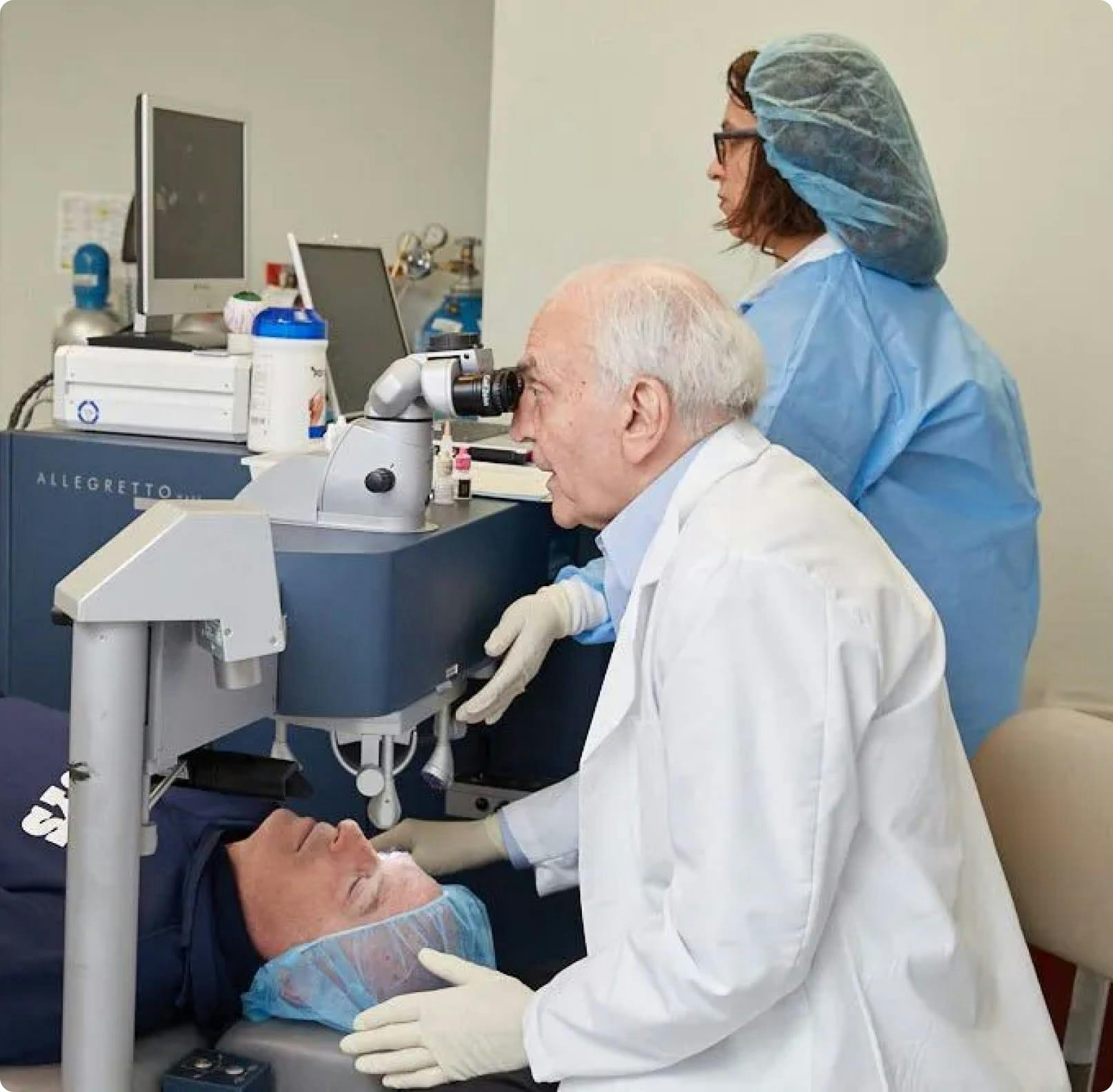
Dello Russo Laser opens their present location, a 40,000 square foot medical building dedicated to the practice of ophthalmology. Dr. Joesph Dello Russo opened his prestigious anterior segment refractive fellowship, of which Dr. Jeffrey Dello Russo became a fellow.
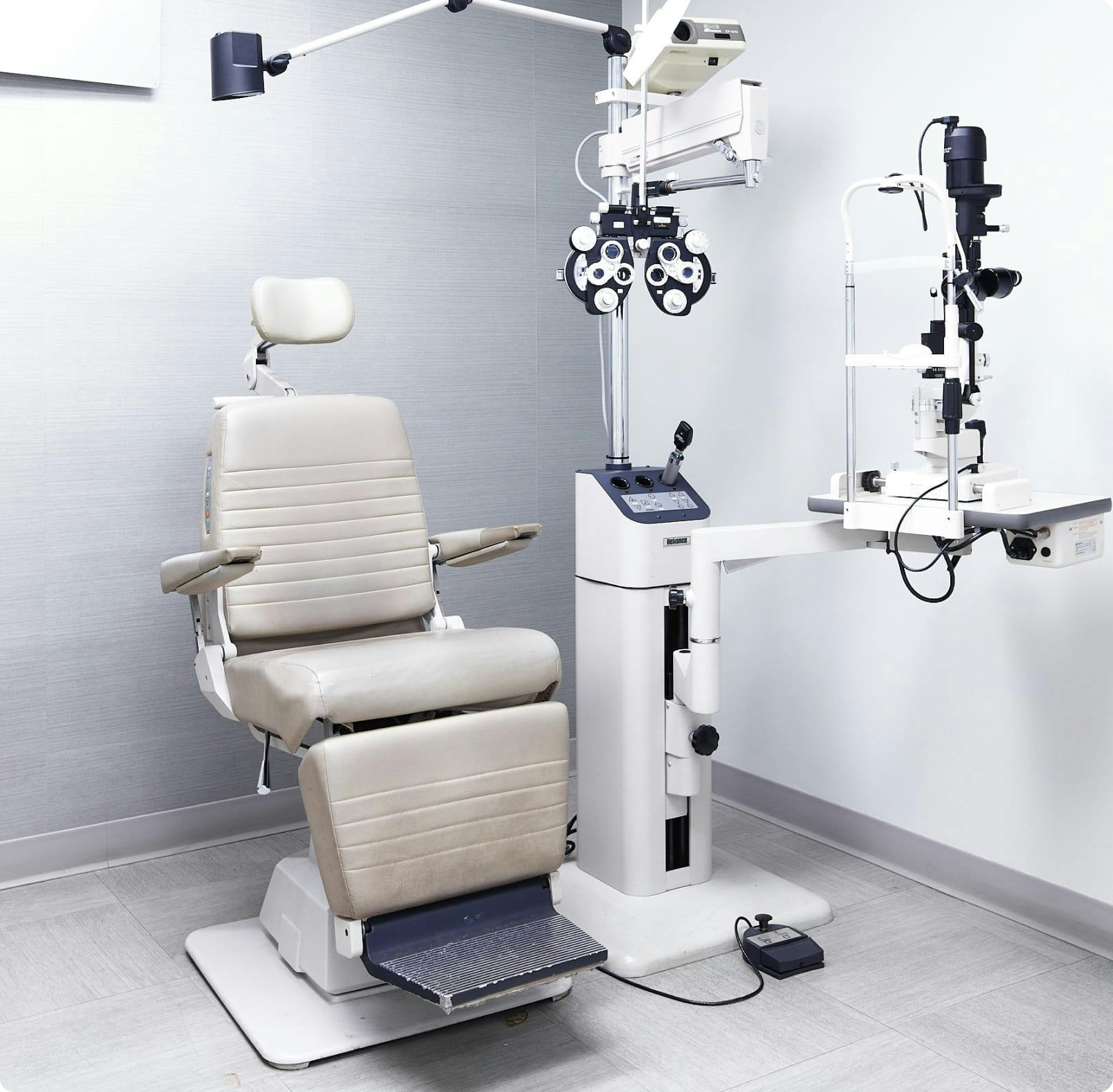
Dr. Jeffrey Dello Russo performed the first Bladeless LASIK procedure in the country in 2002. He and Dr. Joseph Dello Russo are only a handful of LASIK surgeons who perform bladeless LASIK, a safer and more precise method that eliminates most LASIK complications. Dr. Jeffrey Dello Russo was also named an FDA test site for the new J4J Fenton, bladeless LASIK. Dello Russo Laser Vision has performed their 190,000 LASIK & PRK procedures, more than any surgeons in the metro area.
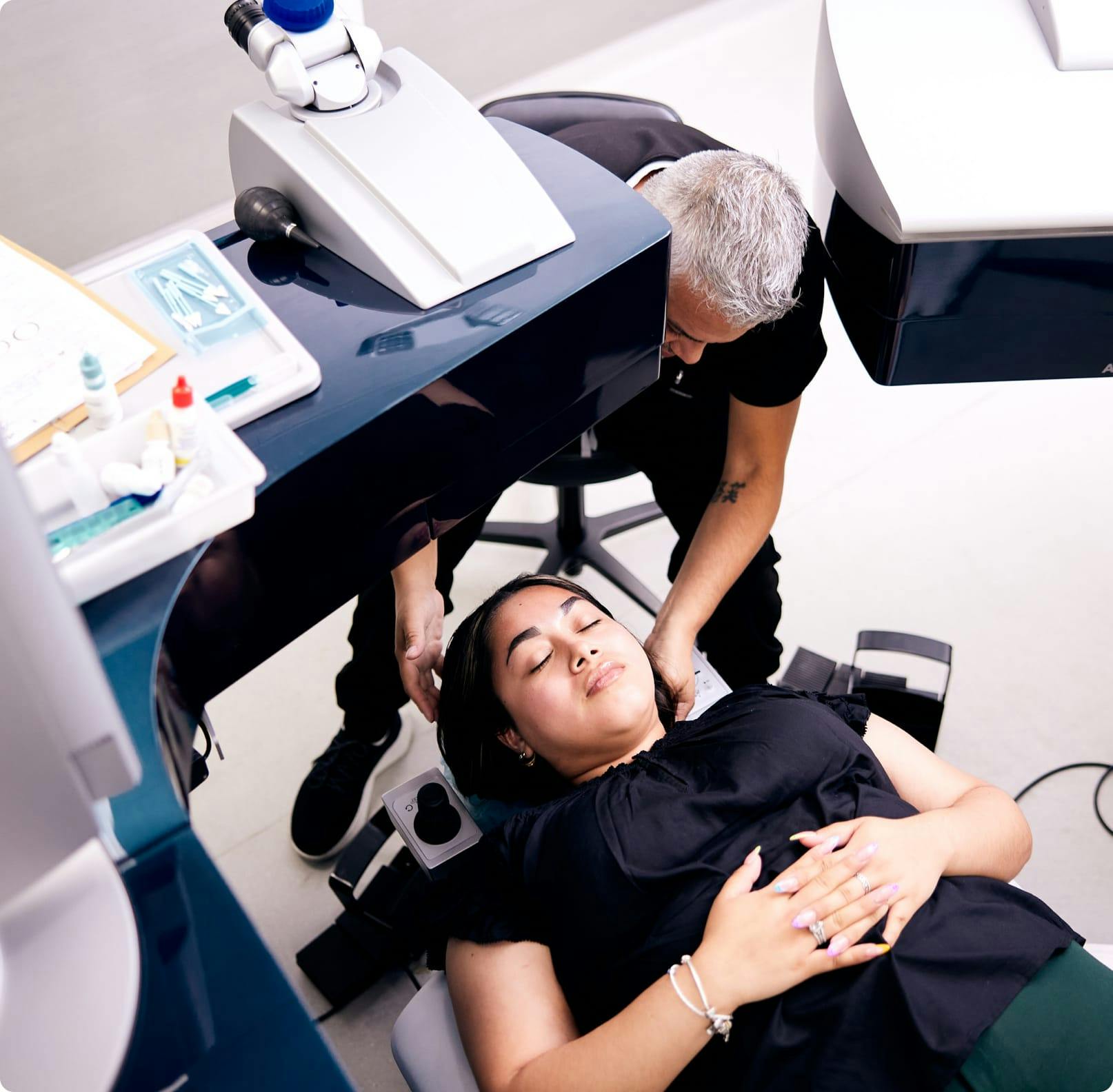
Dello Russo Laser Vision now the largest family-owned LASIK practice in the country has performed over 190,000 successful procedures since 1990. Now headed by Dr. Jeffrey Dello Russo, he continues the legacy of excellence in eye care and refractive surgery. Dello Russo currently has nine convenient locations throughout New York, New Jersey, and Connecticut.

